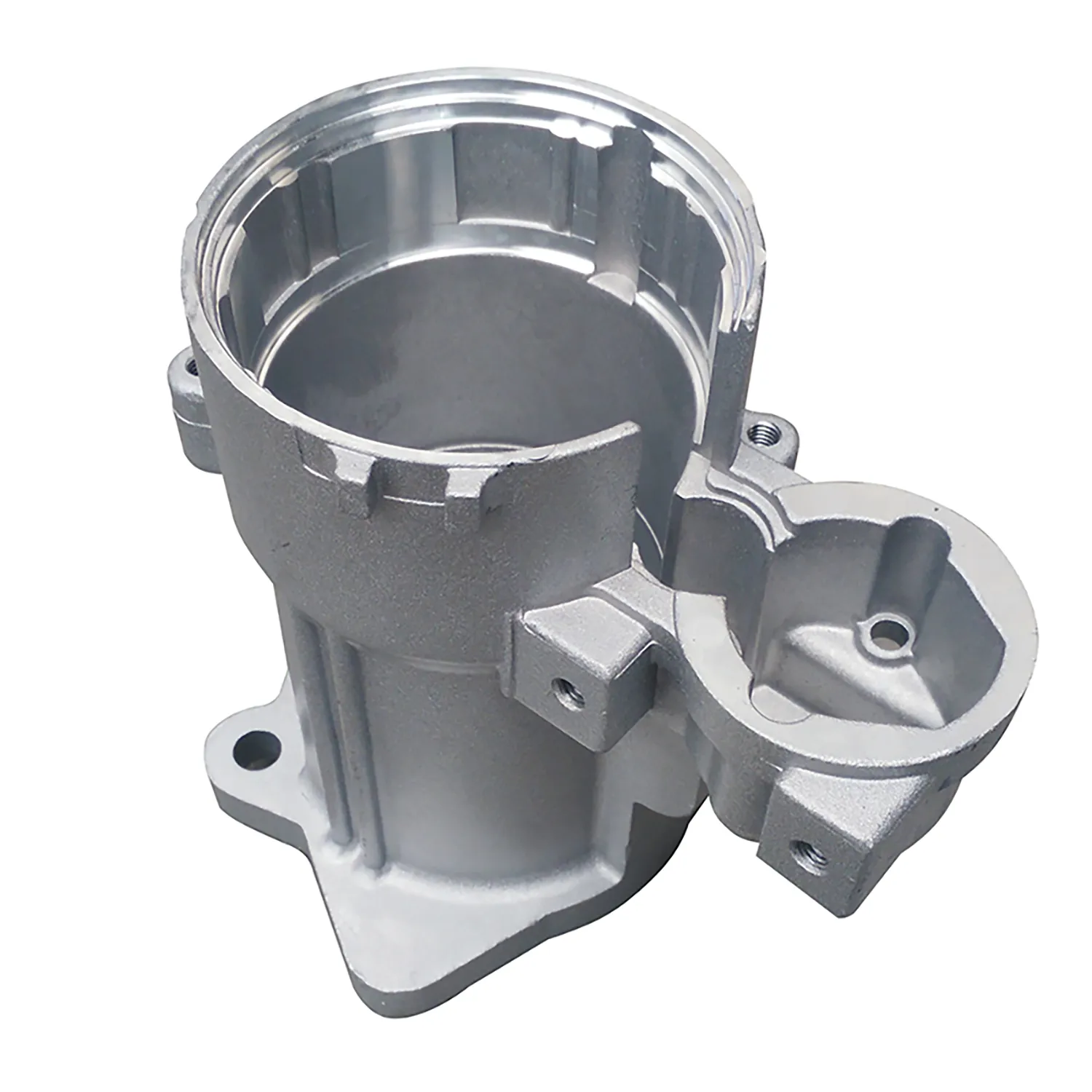Mobile:+86-311-808-126-83
Email:info@ydcastings.com
water pump car
The Water Pump Car A Revolutionary Approach to Sustainable Transportation
In the quest for sustainable transportation solutions, the innovative concept of the water pump car has emerged as a notable alternative to traditional fuel-powered vehicles. This technology harnesses the abundant resource of water and offers a glimpse into the future of eco-friendly mobility. By exploring the mechanics of this vehicle, its environmental impact, and the potential it holds for the automotive industry, we can better understand its implications for society at large.
How the Water Pump Car Works
At its core, the water pump car operates on a unique mechanism that utilizes water as a source of energy. Unlike conventional vehicles that rely on gasoline or diesel, the water pump car uses a specialized system to extract hydrogen from water through a process called electrolysis. Once separated, hydrogen can be used as a fuel, burning cleanly and emitting only water vapor as a byproduct.
The process begins with a water tank that stores an adequate supply of water. An onboard electrolyzer splits the water molecules into hydrogen and oxygen. The hydrogen is then stored in tanks and used to power a fuel cell. This fuel cell converts the chemical energy of hydrogen into electricity, which can either power the vehicle directly or charge a battery for later use. This cycle not only significantly reduces the carbon footprint but also minimizes dependency on non-renewable fossil fuels.
Environmental Impact
One of the most compelling benefits of the water pump car is its minimal environmental footprint
. Traditional vehicles are major contributors to air pollution and greenhouse gas emissions, leading to severe climate change consequences. In contrast, water pump cars offer a clean alternative, producing no harmful emissions during operation. Moreover, they contribute to reducing dependence on oil, which is often extracted through environmentally damaging processes.water pump car

In regions where water is plentiful, such as near rivers, lakes, or in areas with abundant rainfall, the water pump car offers an exciting opportunity for sustainable transportation. The potential for using renewable energy sources to power the electrolysis process can further enhance the vehicle's eco-friendliness. For instance, solar panels can be integrated into the car's design, providing an additional power source that can produce the electricity needed for splitting water, thereby creating a truly sustainable cycle of energy.
Challenges and Opportunities
Despite its promising design, the water pump car faces several challenges on its path to widespread adoption. One pressing issue is the efficiency of electrolysis. Currently, the process requires significant amounts of energy, which often negates some of the environmental benefits if not sourced sustainably. Improving the efficiency of electrolyzers and finding ways to use renewable energy for this purpose are crucial for the technology's success.
Additionally, the infrastructure for hydrogen fuel is still in its infancy. Widespread implementation of water pump cars will require significant investment in hydrogen refueling stations and safety measures, as hydrogen is flammable and must be handled carefully. Collaboration between governments, private sectors, and research institutions will be essential to addressing these challenges and creating an ecosystem conducive to the hydrogen economy.
The Road Ahead
If these challenges can be overcome, the water pump car could pave the way for a new era of transportation. As society increasingly shifts towards sustainable practices, innovations like the water pump car could hold the key to reducing our reliance on fossil fuels and mitigating the effects of climate change. The potential for water-powered vehicles to transform urban transport, reduce pollution in cities, and provide power in remote areas is immense.
In conclusion, the water pump car represents an exciting frontier in sustainable transportation. Through innovative technology and a commitment to environmental stewardship, this novel vehicle could significantly alter the landscape of how we view personal and public transport. With continued research and infrastructure development, the day may soon come when water, a resource we often take for granted, becomes the fuel of the future.
-
Why Should You Invest in Superior Pump Castings for Your Equipment?NewsJun.09,2025
-
Unlock Performance Potential with Stainless Impellers and Aluminum End CapsNewsJun.09,2025
-
Revolutionize Your Machinery with Superior Cast Iron and Aluminum ComponentsNewsJun.09,2025
-
Revolutionize Fluid Dynamics with Premium Pump ComponentsNewsJun.09,2025
-
Optimizing Industrial Systems with Essential Valve ComponentsNewsJun.09,2025
-
Elevate Grid Efficiency with High-Precision Power CastingsNewsJun.09,2025











